
Diaoyu: Tension could easily 'flare up'
Zhang Tuosheng, a researcher at the China Foundation for International and Strategic Studies, said China's regular patrols around the Diaoyu Islands since Japan "nationalized" some of the islands have broken Japanese control there and created a fresh yet subtle balance.
However, if Japanese rightist groups keep irritating China by moves including going onto the islands, China will respond and a crisis can easily flare up. Both the US and Japan will not want that, he said.
"China has never recognized Japan's sovereignty or administrative right over the Diaoyu Islands. And the Chinese side has repeatedly stated this to the US," Cui said.
He expressed hope that Washington will avoid sacrificing its long-term benefits for immediate short-term needs on the issue of the Diaoyu Islands.
Jia Xiudong, a senior researcher at the China Institute of International Studies, said Cui made a "very straightforward" statement that Washington can easily understand.
"The pivot of the ties is how Washington handles sensitive issues such as the Diaoyu Islands and Taiwan. The direction of China-US ties depends on whether the US wants to convey positive energy or just look to make trouble and contain China."
The ambassador also commented on the April 23 visit by 168 Japanese lawmakers to the Yasukuni Shrine, where Japan's war dead are buried, including 14 Class-A war criminals of World War II.
Japanese Prime Minister Shinzo Abe on the same day questioned the description of Japanese "aggression" in the war, saying the term is vague and subject to interpretation by different sides. "Aggression is aggression. It's not an empty concept, but an anti-human crime as defined by the UN Charter," Cui stressed.
Jin Canrong, a professor of US studies at Renmin University in Beijing, said Abe has repeatedly played the historic issue card.
"So far there is no sign of Japan easing its stance. Abe's priority will be the upper house elections in July, and the nationalist card is the one most often used in the elections."
"But I think after July he will gradually realize the disappointing effect of the right-wing policies."
One day earlier in Moscow, Russian President Vladimir Putin showed his toughness at a press conference with Abe on Monday, when he was irritated by a Japanese reporter condemning Russia building power stations on islands over which the two countries have competing claims.
"If you want to make trouble and continue to raise tough questions, then you will certainly get a direct and tough answer."
"There are Russian citizens living on the islands, and our duty is to take care of their benefits," he said, then ended the press conference.

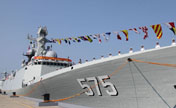
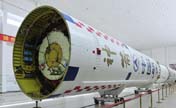

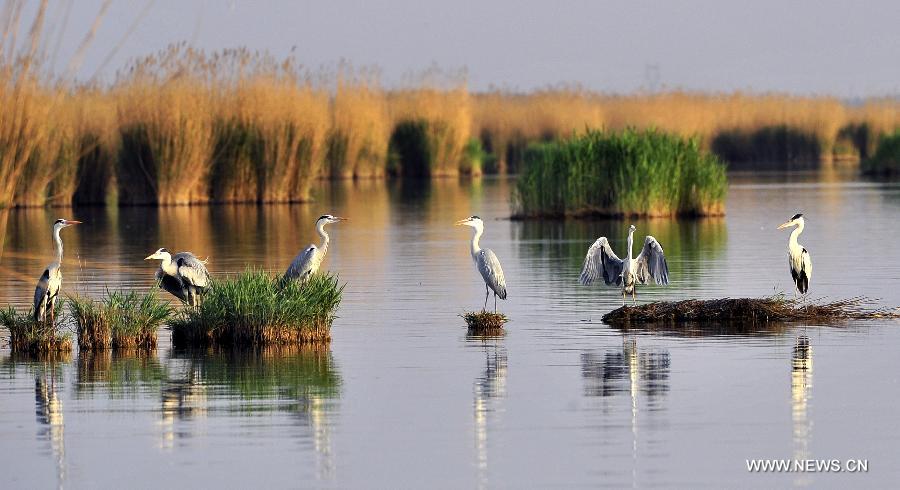
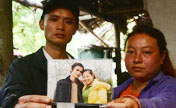



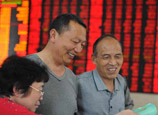







 Brazilian self-defense martial art gains popularity in Beijing
Brazilian self-defense martial art gains popularity in Beijing


![]()
